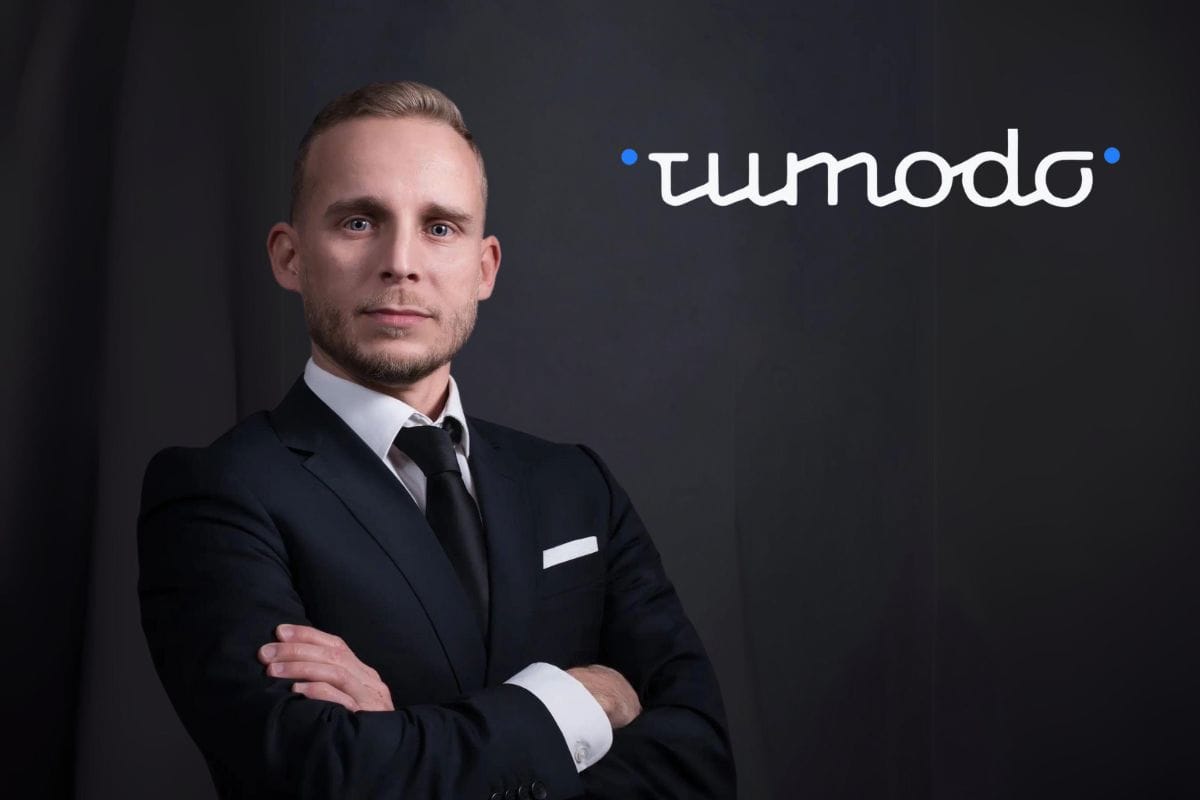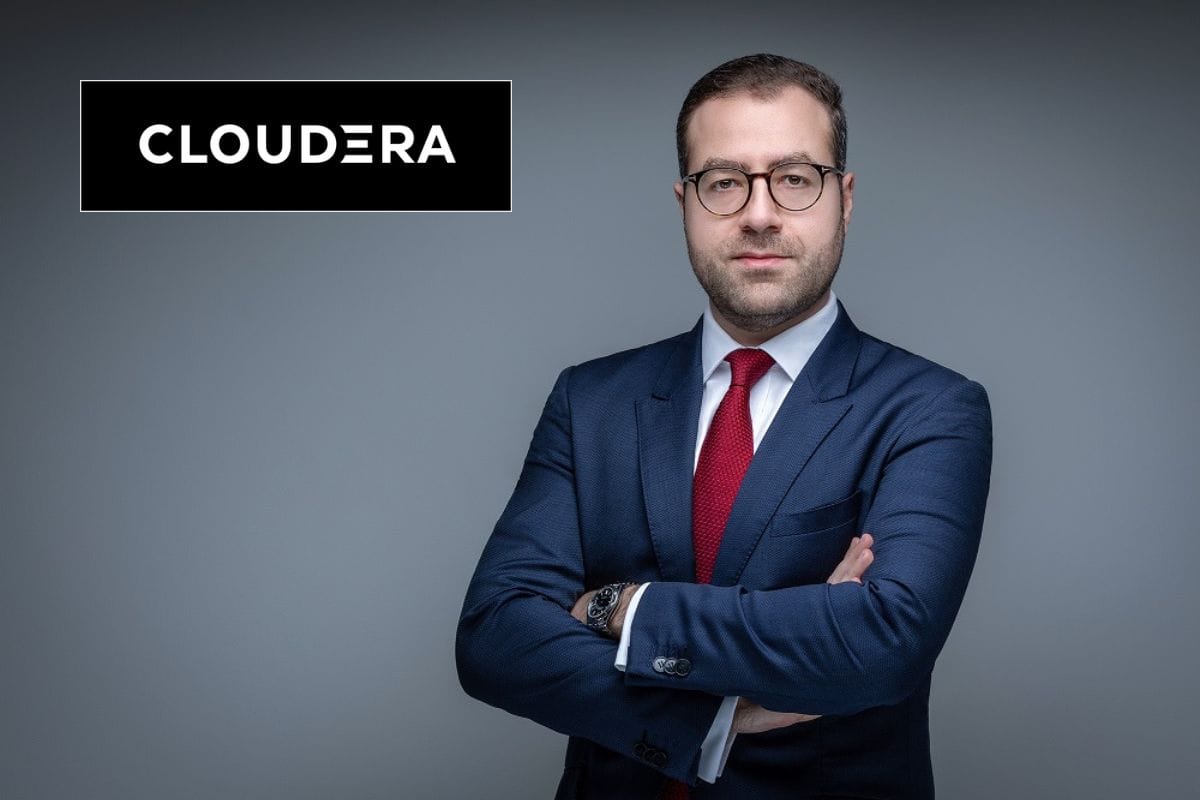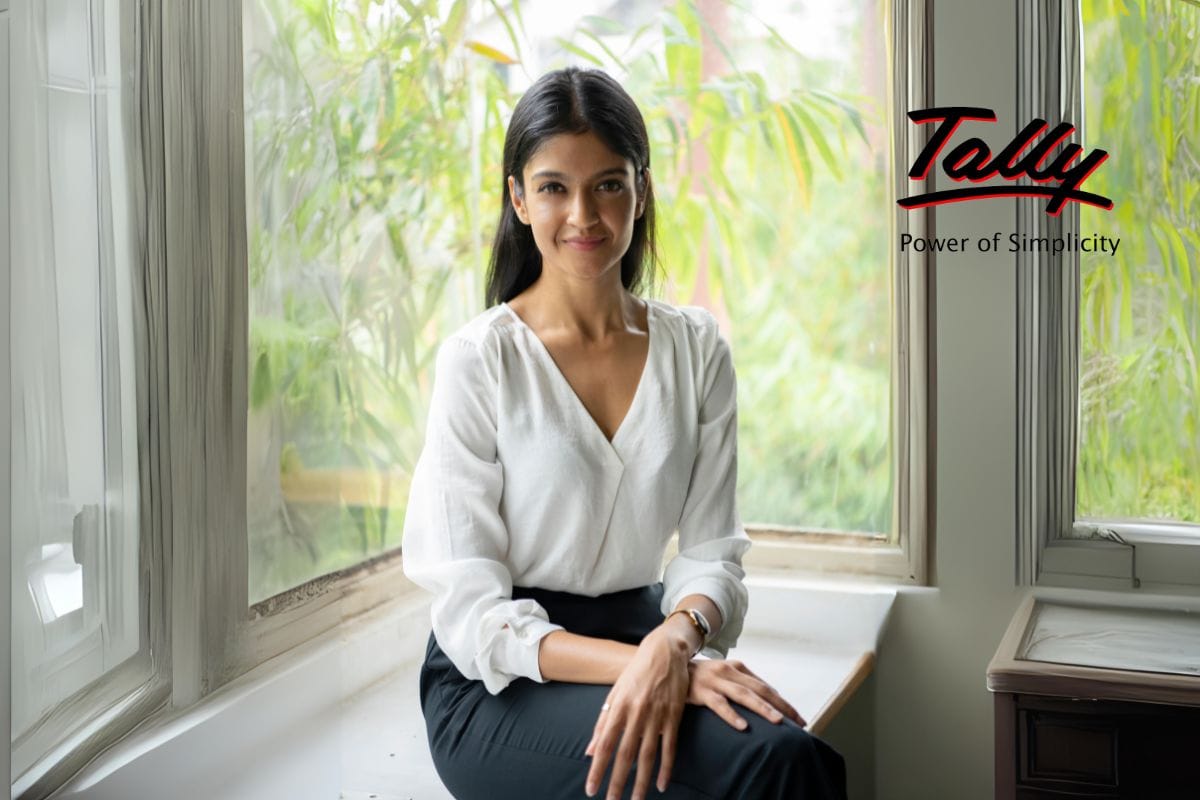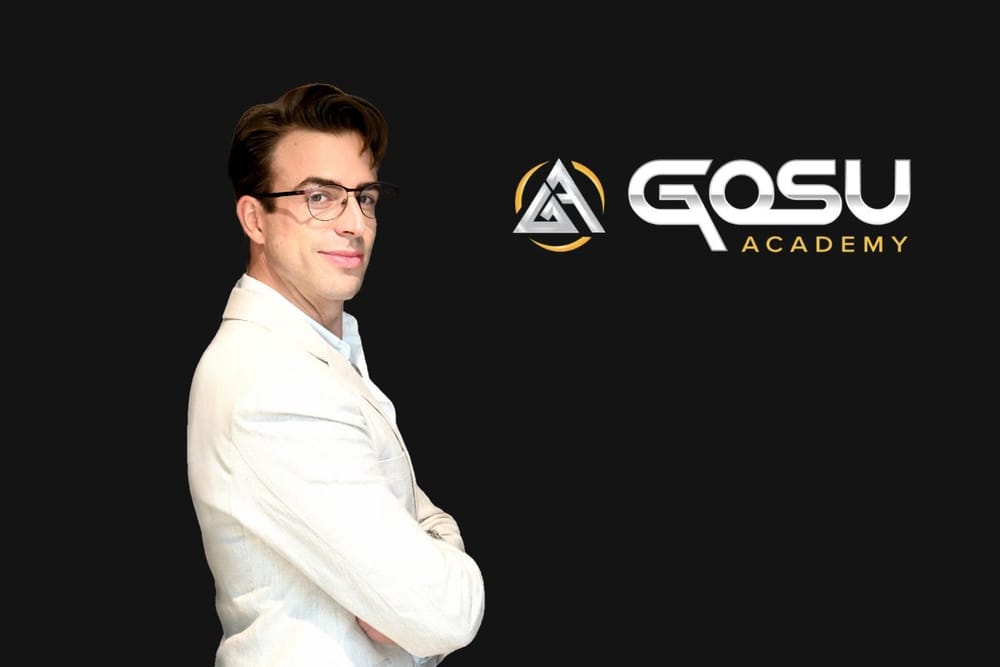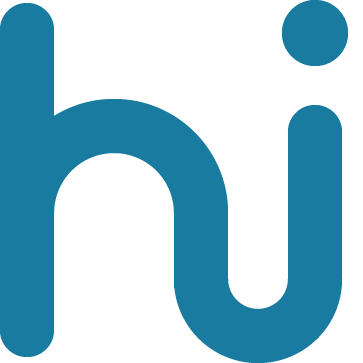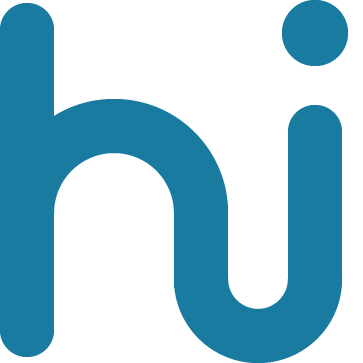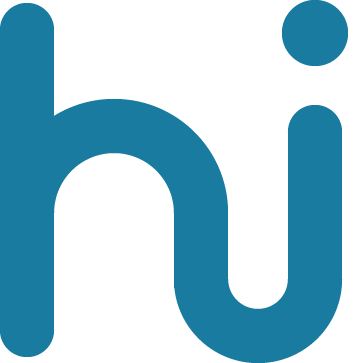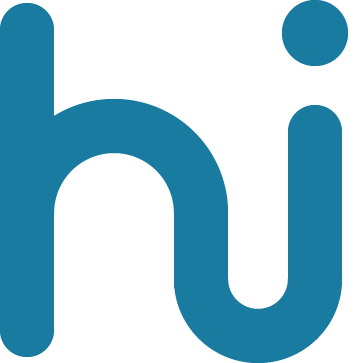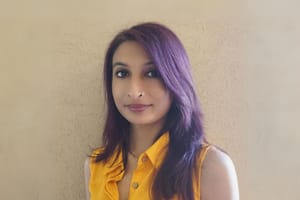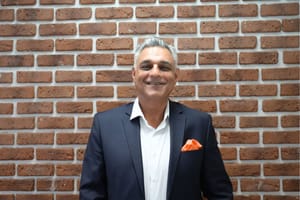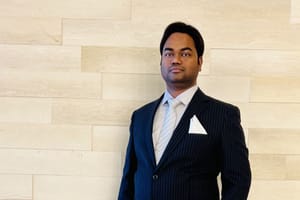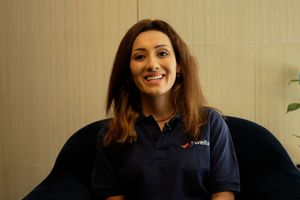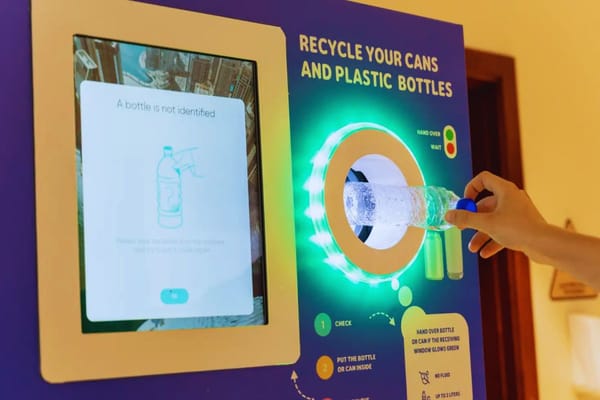F. Javier Bernal’s journey into esports might surprise you. With a background in corporate strategy at top firms like Monitor Deloitte and Radisson Hotel Group, where he helped double Radisson’s portfolio in the Asia-Pacific region, he’s no stranger to high-stakes business environments. But in 2021, everything changed. Javier found himself captivated by the world of esports after meeting his now-business partner, Braeden Plein, during the COVID-19 pandemic. Within weeks, the two launched Gosu Academy, an esports training platform that now operates globally, including in the U.S., Europe, and the Middle East.
Gosu Academy’s mission? To shape the future of gaming through education, preparing the next generation of esports talent with both gameplay and career-building skills. Javier’s ability to combine his extensive business experience with Braeden’s expertise in esports has made Gosu Academy a unique player in the industry, developing talent, driving job opportunities, and expanding into key markets like Saudi Arabia and the UAE. In this interview, Javier shares insights into his transition, the academy’s vision, and why Dubai is emerging as a global hub for esports.
What inspired your transition from a long career in strategy and operations with big names like Deloitte into esports and entrepreneurship, and how has your journey with Gosu Academy been since its inception?
There are now 600 million people watching others play video games, and these numbers are growing rapidly every year. In the Middle East alone, esports prize pools have soared to $60 million. Today, kids don’t just dream of becoming sports stars like Cristiano Ronaldo or Michael Jordan—they aspire to be professional gamers, playing titles like Valorant or CS. When I was younger, I played video games but never imagined a career in it was possible. If I had known, it would have changed my life.
Esports is much more than playing games—it’s an entire industry offering a wide range of job opportunities from game development and design to refereeing, tournament organizing, and even journalism.
The gaming industry is projected to grow by 36% in the next five years, hitting $280 billion, and esports could double or even triple.
In 2021, my business partner Braeden Plein introduced me to this world. At the time, I was the director of strategy for a major hotel chain in Asia Pacific. We met in Phuket during the COVID-19 pandemic when many were rethinking their future. After learning about esports' potential, I was captivated. Two weeks later, we registered our company, Gosu Academy. Braeden’s experience in esports coaching, combined with my business strategy expertise, created the perfect partnership. We started in Thailand, expanded to the U.S. and Europe, and now we're building in the Middle East. Our complementary skills have been key to our success, and we’re excited to continue growing.
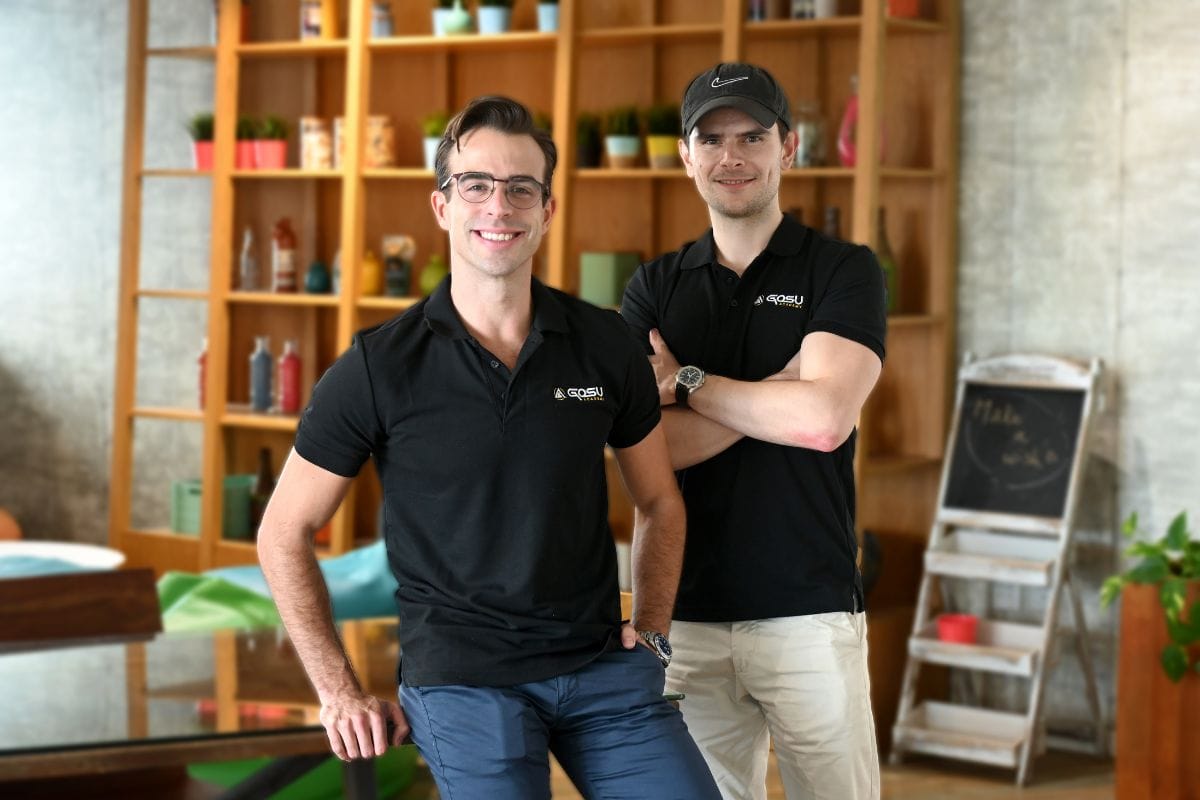
How do you approach the debate surrounding whether competitive gaming should be considered a real sport?
When discussing whether competitive gaming qualifies as a real sport, I focus on two main areas. First, there are clear similarities between esports and traditional sports. Both require intense skill, strategy, and mental endurance. Professional gamers, much like athletes, dedicate years to perfecting their abilities in game mechanics, teamwork, and communication, all within high-pressure environments. This mirrors the experience of traditional athletes in physical sports.
The physical aspect of esports is often overlooked but is just as critical. The cognitive demands placed on esports players—such as mental focus, hand-eye coordination, and stamina—are comparable to those in physically demanding sports. Research supports that brain activity in competitive gaming is akin to that in traditional sports.
What sets esports apart is how it uses technology to enable new forms of competition, strategy, and engagement. Esports has introduced innovative ways of playing that traditional sports haven't yet explored. Take chess, for example, which is widely accepted as a sport despite being non-physical, much like esports. The complexity and preparation required in esports make it deserving of similar recognition.
Esports' legitimacy is further validated by the fact that 60 countries officially recognize it as a sport. Additionally, the first esports Olympics will take place in Saudi Arabia next year, solidifying its global standing.
The Middle East, particularly Dubai and Saudi Arabia, is emerging as a major esports hub. With strong government support and initiatives like the Dubai Program for Gaming 2033 (DPG 33), this region is perfectly positioned to lead the esports industry, offering infrastructure and a willingness to embrace innovation. Dubai is rapidly becoming a key global hub for gaming and esports.
Dubai is becoming a hub for tech and digital innovation. How do you engage with the local gaming community? Are there any tournaments or events that Gosu Academy organizes or participates in?
Did you know that over 75% of the UAE population are gamers, with numbers even higher for Gen Z and Gen Alpha, reaching over 85% to 90%? Gaming is truly ingrained in the culture here.
At Gosu Academy, our goal is to engage the local gaming community by working with key stakeholders to grow a sustainable and thriving industry. We collaborate closely with government institutions, game publishers, and tournament organizers to help create jobs, drive economic growth, and foster talent in the region. As an educational company, we also partner with traditional institutions like schools and universities. We've already made significant progress in the U.S., where we work with over 20 high schools and universities, and we’re applying that same approach here in the UAE and Saudi Arabia.
One of the key areas we focus on is raising awareness about the career opportunities in esports—not just for players, but for the wide range of roles within the industry. With government support already opening doors, we see a clear path for the next generation to build a future in this field.
In addition to gameplay skills, do you offer any training in complementary areas, such as content creation, branding, or streaming?
This question taps into one of the core reasons Gosu Academy exists—our focus goes far beyond just improving player skills. We aim to equip the new generation with opportunities in fields like game design, development, esports management, IT, and even journalism. We've already developed and implemented curriculums in these areas across different regions, and we're constantly expanding.
One area we're particularly excited about is AI, especially in its potential to democratize game creation. We're currently working on a project involving generative AI in gaming, which brings experts from institutions like MIT and top startups into the fold. This project aims to revolutionize how games are created, offering a more accessible approach.
Our business model caters to both B2C and B2B audiences.
For our B2C clients, we offer a gamified platform where users can access boot camps, one-on-one coaching, and other resources to advance their esports careers. On the B2B side, we partner with institutions like the Saudi Sports Academy and various universities to offer training and resources.
AI is playing a key role in our expansion, particularly in making esports coaching more affordable and accessible. We envision AI-powered coaching available 24/7, supporting players in leveling up and advancing their careers. This technology will not only revolutionize access but also make high-quality coaching affordable for markets that have traditionally faced cost barriers. AI will significantly impact how we operate at Gosu Academy, and we’re excited to use it to reach a broader audience and provide top-tier training worldwide.
What are your thoughts on the participation of women in esports? How does the academy encourage diversity and inclusion within the gaming community?
The participation of women in esports is crucial, and at Gosu Academy, we are proactive in promoting diversity and inclusion.
In gaming as a whole, the demographic split is roughly 52% male and 48% female, showing strong female interest. However, in esports, the numbers are lower, and we still need to see more female pro players succeeding at the top levels.
At Gosu Academy, we had a great success story where the only female participant in our "How to Become a Pro Player" boot camp went on to represent Saudi Arabia in the Arab leagues, finishing second. Stories like this are inspiring and show the impact women can make in esports.
Esports is unique because it doesn't rely on physical advantages like many traditional sports, so there’s no need for separate male and female teams—everyone competes on a level playing field. We're actively looking for and highlighting female role models in esports and are integrating more female coaches into our staff to create a more inclusive environment. This representation is essential to encourage more women to join and thrive in the gaming community.
Dubai's Program for Gaming aims to create a $1 billion economic impact by 2033. How does GOSU Academy plan to contribute to that goal?
The program has three main objectives: creating 30,000 jobs, generating $1 billion for the GDP, and attracting talent. GOSU Academy shares this vision and aims to support it by fostering the gaming industry through education. This aligns well with the government’s Emiratisation initiative, which focuses on creating local jobs.
By 2033, Gosu Academy plans to create 5,000 jobs in gaming and esports.
We believe in taking a holistic approach to this industry, especially with AI and other technologies revolutionizing gaming and esports. Our focus is on developing local talent and creating opportunities for companies to establish themselves in Dubai, further boosting the local economy.
The DPG 33 introduced a gaming visa. How has this benefited Gosu Academy, and are any of your players currently using this visa?
Dubai has made it incredibly easy for us to get started, and the introduction of the gaming visa is a key part of creating 100,000 jobs in this industry. While we haven't yet utilized the visa, we expect that both Braeden and I, as well as our team members, could benefit from it in the future. The visa isn't just for pro players but also for developers, founders, and other careers in esports, making it a valuable tool for many. There may be challenges for professional players under 25 due to age limits, but we are optimistic about its potential.
With schools like those in the GEMS Education network embracing esports, do you have plans to collaborate with schools and universities?
Absolutely! We’re here to build on the successes we've had in other regions but with a local approach. The initiatives we’ve seen from GEMS are fantastic. When I first read about it, I thought, "Yes, this is what we need!" They've already taken that first step of awareness, which is crucial. So, yes, we’re definitely jumping in. In fact, we’re already in discussions with several universities in the UAE, and we plan to engage with more schools as well. Huge thanks to GEMS for leading the way!
What makes Gosu Academy stand out compared to other esports training centers?
At Gosu Academy, we take a holistic approach to esports education that goes beyond just gameplay. Our mission revolves around the "3 Ds"—Development, Delivery, and Driving the industry. We start by developing top-tier talent through well-designed curriculums that equip students with the necessary skills to thrive in the esports workforce. Next, we focus on delivering these skills to the industry by staying connected with key stakeholders—publishers, tournament organizers, government bodies, and teams—to ensure our curriculum aligns with the latest market demands. Finally, by driving the industry forward, we create a continuous pipeline of skilled professionals, directly contributing to the growth and evolution of esports. This strategic, collaborative approach is what sets us apart and ensures long-term success for our students and the industry.
How does the Dubai Esports ecosystem compare to other regions you operate in?
To build a strong esports and gaming hub, certain key elements are essential, and Dubai excels in all of them. The first is government support, which Dubai provides extensively through initiatives like the Dubai Esports and Gaming Program and the gaming visa, making it remarkably easy for businesses and talent to relocate here. Not many countries make it this simple, even those investing heavily in esports.
Second, Dubai’s talent pool benefits from this government backing, attracting top talent and founders from around the globe. Dubai is a global hub, known for its diverse talent pool, which helps companies build the best teams.
Third, infrastructure is a major advantage for Dubai. Its state-of-the-art facilities are on par with the best in the world, and if something isn't available today, you can trust it will be tomorrow. Dubai is always evolving to stay ahead.
Finally, embracing innovation and adapting to change are embedded in Dubai's DNA. This forward-thinking attitude positions Dubai as a frontrunner in gaming and esports.
How many different games do you offer training for and how do you price your different training routines?
We offer training for over 15 games, including titles like Valorant, League of Legends, Fortnite, FIFA, Tekken, and Street Fighter, among others. If a specific game isn't available, we have the capacity to develop a curriculum quickly by leveraging our industry connections and knowledge of the esports landscape.
Pricing varies based on the client’s needs. We tailor our services, offering customized solutions. For example, some universities might request one coach for multiple weekly sessions, while others might need support for an entire month. Flexibility is key.
For our B2C clients, we offer a subscription model priced at $29 per month. This provides access to our full platform, which includes analytics, gamified challenges, and daily interaction with coaches. Comparatively, other platforms charge about $30 for just one hour of one-on-one coaching, making our offering highly affordable. We're also developing AI-based solutions, which will further reduce costs and provide additional features.
How do you get in touch with coaches, and how do you select your instructors?
At Gosu Academy, our approach to hiring coaches is tailored to the region we operate in, ensuring our programs meet the specific needs of our clients. For example, in the UAE and Saudi Arabia, we prioritize Arabic-speaking coaches when necessary. We look for coaches with professional-level experience, often hiring individuals who have competed at high levels. One standout example is our collaboration with Arslan Ash, a top esports player from Pakistan, who helped teach one of our programs.
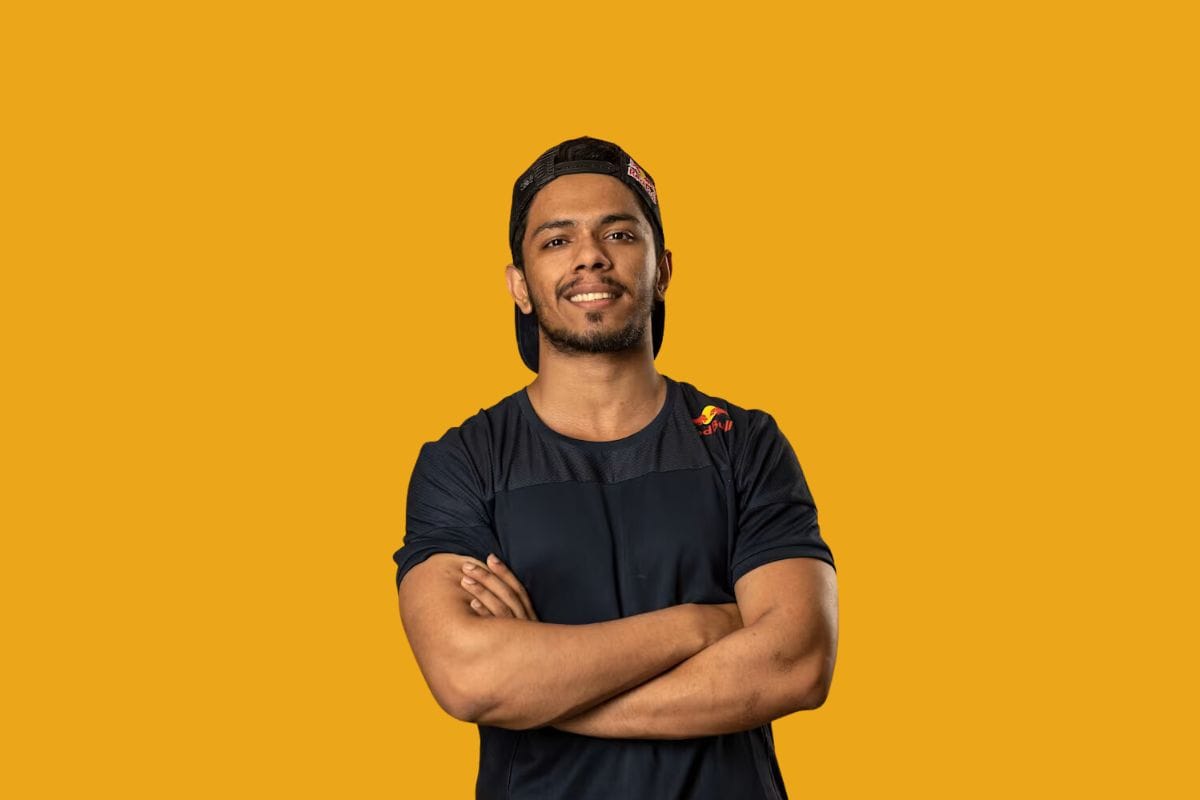
In addition to external talent, we focus on developing our own coaches. Our platform has a tiered coaching system: senior coaches, who are experienced professionals; junior coaches, who have completed a certain number of coaching hours; and entry-level coaches, known as "big brothers" or "big sisters." Entry-level coaches can progress by gaining experience, passing evaluations, and receiving feedback from students, allowing them to move up the pay scale as they advance.
Could you share any success stories from your alumni?
We’ve had over 15,000 students participate in our programs, and we’re especially proud of success stories like Huda, who went on to become a professional gamer through our training.
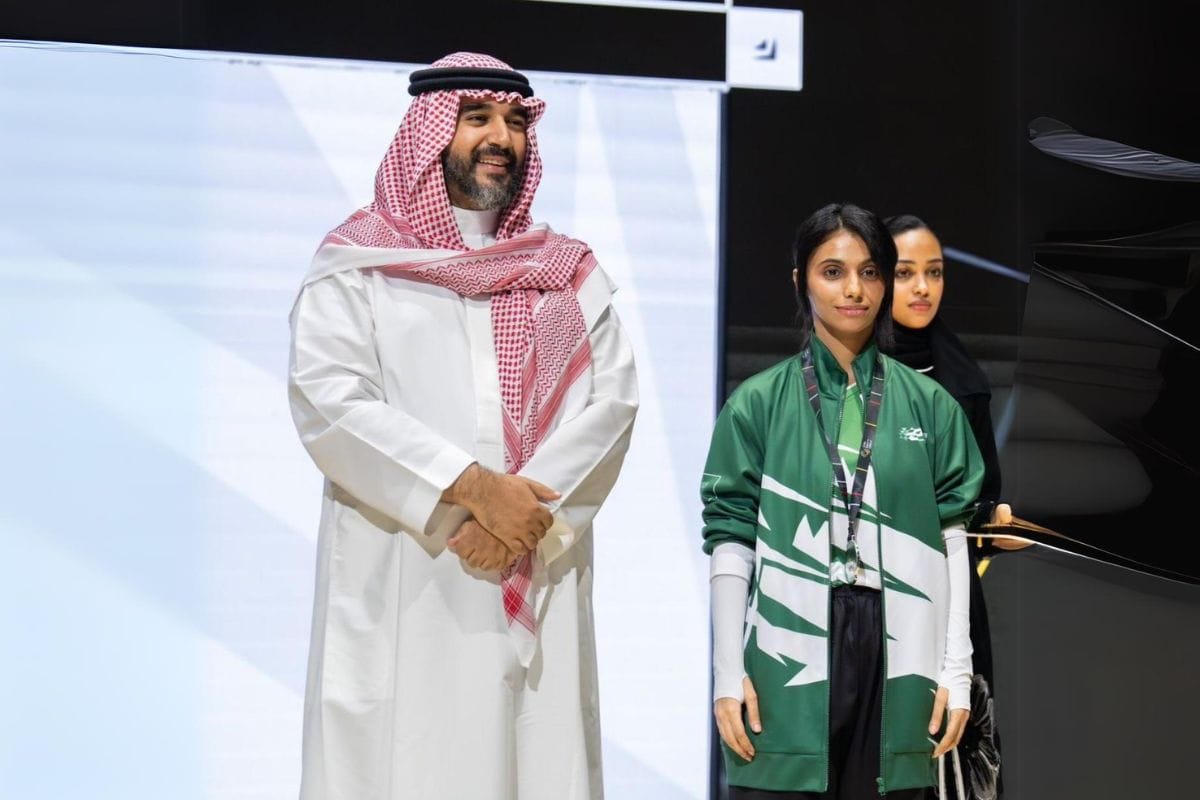
We also offer career-oriented programs such as one focused on becoming an esports caster, for which we brought in a renowned coach from Sweden. After completing the program, we partnered with Saudi leagues and Esports World Camp, leading to five of our students being selected for roles within those organizations. It’s incredibly rewarding to see our programs creating real job opportunities and shaping careers in the esports industry.
What specific metrics and trends have you observed in the gaming industry recently, in terms of player demographics, engagement, and new platforms? Have they influenced Gosu Academy's training strategies?
Globally, the number of gamers is growing rapidly, particularly among younger demographics. Women are increasingly engaging with esports, especially as we highlight success stories like Huda’s. While South Korea has historically been the cradle of esports, the Middle East is emerging as a key region, driven by government initiatives aiming to position it as a global hub. Southeast Asia is also showing significant growth, particularly in mobile gaming.
In terms of engagement, the demand for learning how to play video games well is growing. Countries like India are implementing protective measures against gaming addiction, while Gosu Academy promotes the positive aspects of gaming, emphasizing how esports can develop valuable life skills similar to traditional sports. AI is another game-changer, set to democratize game development and coaching, which is shaping new educational programs at Gosu Academy.
As a young startup founded in 2021, can you share insights into your year-on-year growth and the business goals you aim to achieve in your first year in the UAE?
We’ve seen a 5.3x growth in revenue year-on-year.
Initially focused on the U.S. and European markets through our B2C platform, we’ve since expanded into Saudi Arabia, the UAE, and other regions. We’re now working with universities worldwide. A lot has changed in just a year, and I’m eager to see what the next 12 months hold. Our main priority in the UAE is building a local team and engaging with stakeholders, including universities, schools, government bodies, and tournament organizers. Dubai's Esports Festival, for instance, presents incredible opportunities, and that's why I relocated here.
Watch the interview:
Also Read:
